GOP Governors Would Help the Rich Pick Your Pockets
A slew of Republican governors are taking advantage of an “improving economy and a gradual rebound in revenues” to aggressively push for cuts to personal and corporate income taxes, and propose to make up the difference by raising sales taxes.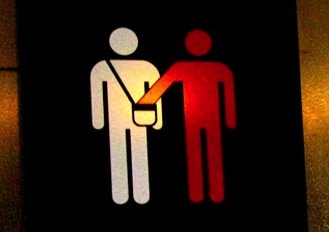
A slew of Republican governors are taking advantage of an “improving economy and a gradual rebound in revenues” to aggressively push for cuts to personal and corporate income taxes, and propose to make up the difference by raising sales taxes.
We’ve been over this before. Sales taxes do not differentiate based on people’s ability to pay. All are equal before the cash register. The Wall Street banker is treated no differently from the lowly paid schoolteacher. Therefore all are required to pay the same tax rate regardless of income. The result is a tax scheme that takes more from the middle class and the poor than the wealthy.
“In Louisiana,” The New York Times reports, “Gov. Bobby Jindal is pushing to repeal the state’s personal and corporate income taxes and make up the lost revenue through higher sales taxes. Gov. Dave Heineman of Nebraska is calling for much the same thing in his state. Gov. Sam Brownback of Kansas wants to keep in place what was supposed to be a temporary increase in the state sales tax to help pay for his plan to lower and eventually end his state’s income tax.”
These governors argue that cutting taxes on the rich leads to job creation and economic growth. There is no evidence to support this theory. A 2012 study by the Congressional Research Service — Congress’ nonpartisan research office — concluded that “there is little evidence over the past 65 years that tax cuts for the highest earners are associated with savings, investment or productivity growth.” Instead, the opposite was found: Higher tax rates are historically associated with higher levels of growth.
The same study found that such reductions have widened the gap between the rich and the poor. In the 1950s, ’60s and ’70s, the share of national income going to the top 0.1 percent of earners “hovered” at around 4 percent. That figure rose to 12 percent in the mid-2000s, as the average tax rate paid by the group fell more than 40 percent to below 25 percent of earnings.
Given that there is no evidence to suggest that slashing taxes on the rich improves the economy, one conclusion seems obvious. Govs. Jindal, Heineman and Brownback — men who have at their disposal ample resources for understanding economics — are using their taxpayer-funded offices to campaign on behalf of the well-off who use their vast and accumulating wealth to get those politicians elected.
Some of the trio’s Democratic peers are working to expose the ruse. Danny Kanner, a spokesman for the Democratic Governors Association, said: “These aren’t pro-growth policies — they’re shell games that reward the wealthiest Americans at the expense of everyone else.”
Personal and corporate income taxes account for about 42 percent of state revenue nationwide, the National Conference of State Legislatures reports. “Louisiana already has the nation’s third-highest sales tax, after Tennessee and Arizona,” The New York Times writes. Unless the state governments in question pare budgets, further deteriorating public services, the lost revenue would have to be made up by asking lower-income Americans to pay more.
— Posted by Alexander Reed Kelly.
Your support matters…Independent journalism is under threat and overshadowed by heavily funded mainstream media.
You can help level the playing field. Become a member.
Your tax-deductible contribution keeps us digging beneath the headlines to give you thought-provoking, investigative reporting and analysis that unearths what's really happening- without compromise.
Give today to support our courageous, independent journalists.
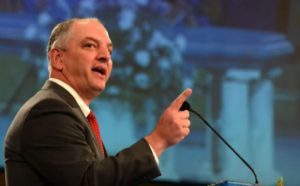
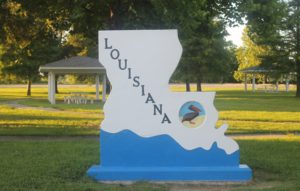
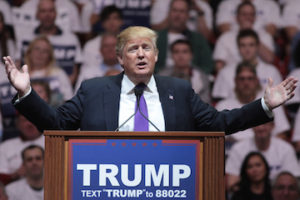
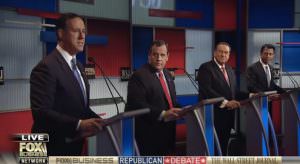
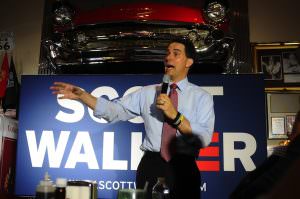
You need to be a supporter to comment.
There are currently no responses to this article.
Be the first to respond.